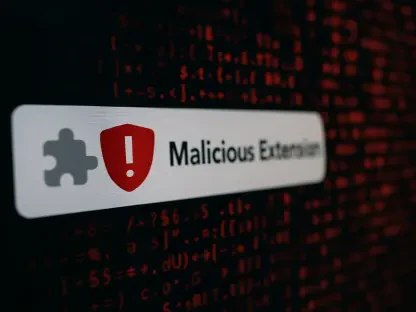Risk management includes identifying, analyzing, and responding to risk factors in the life of a business—and effective risk management is done proactively. But what does it mean to have the right risk management and a structure that can predict uncertainties, as well as their influence on your company and its people?
There is no doubt that risk management:
- Can save you money
- Can protect your organization’s resources
- Can improve your brand image
However, there are more benefits in risk management, and this article explores some perks of having proactive risk management as an agile and modern business strategy, and why it should be a priority in 2021.
Improved communication
Communication is a key part of any organization and its employees and essential to streamlining workflows. Horizontal and vertical communication help, but it might be difficult to put into practice. Here is where risk management can help, by providing reports and analysis for all risk data, as well as by setting expectations and relating data to the business goals.
A safer work environment
Improving health and safety is one of the benefits that risk managers hope to achieve when analyzing issues or possible losses, and implementing strategies that would prevent them. This is something that benefits employees directly, especially those working in construction, although office work can also be improved through ergonomics and making the workplace safer.
Enabling project success and saving time
Risk management can streamline operations and help in saving time and effort for employees, allowing them to focus on more important tasks.
Regardless of the department, risk management is essential to the success of any project, to assess risks, develop strategies, and maximize success. By identifying issues early, teams can reduce the severity of project risks and develop a plan to handle future challenges. Risk management helps employees prepare for the unexpected and maximize productivity, improving project outcomes.
Financial benefits
Risk management creates value. Incidents are less likely to happen and when they do, they have a decreased impact, so this saves the company a lot of money and resources. Risk managers can also find the right levels of insurance and maximize the financial impact of the program, while also working on eliminating repetitive losses.
Company culture benefits
Businesses that have an updated risk management strategy in place can benefit from an improvement in company culture overall. A mindset of prevention and safety will be more important in the organization and will influence the actions of employees and those of decision-makers as well. It will also be beneficial for the brand image, setting higher expectations.
A guide for better decision-making
When dealing with important changes in your company, decision-making can be a challenging process, and it can impact the success of your projects and even business continuity. Luckily, risk management can guide your people in making the best decisions as well as showing trends, strengths, and weaknesses of alternative recommendations and decisions. Risk managers are a vital resource for teams in all areas and departments.
A way to avoid unexpected events
Risk management’s role is to map out potential risks and prevent or manage them, avoiding organizational impacts and unexpected events. Even though not all risk scenarios can be addressed or known, a risk manager can make unfortunate events less likely to happen.
Conclusion
Risk management is an essential part of effective business planning and companies are expected to provide a safe environment for workers today.
Assessment and management of risks is the best way to be ready for any surprises that may arise in the way of a business’ progress and growth. To improve your chances of being a successful organization, developing a structure to address potential risks and threats is crucial in 2021.








